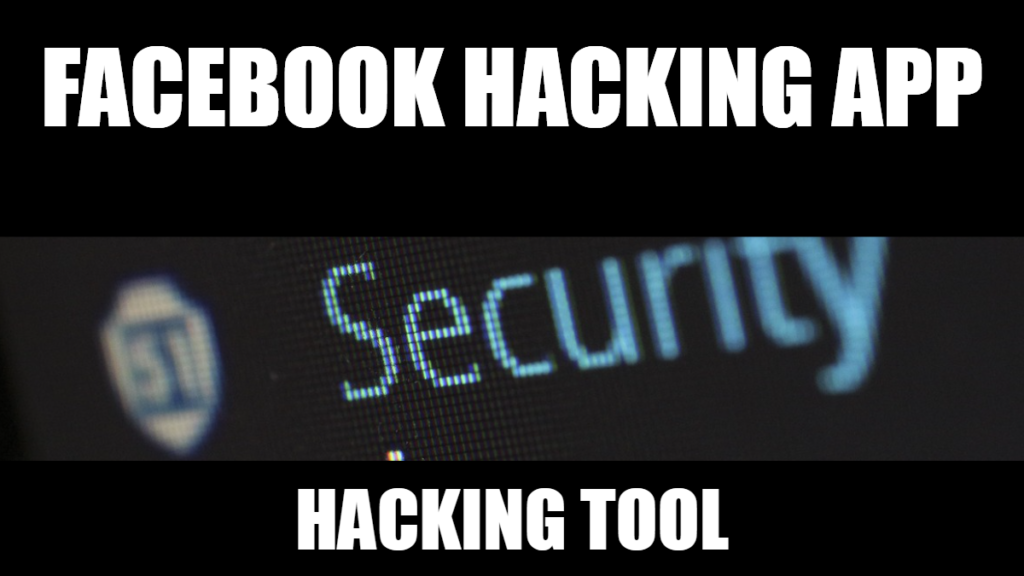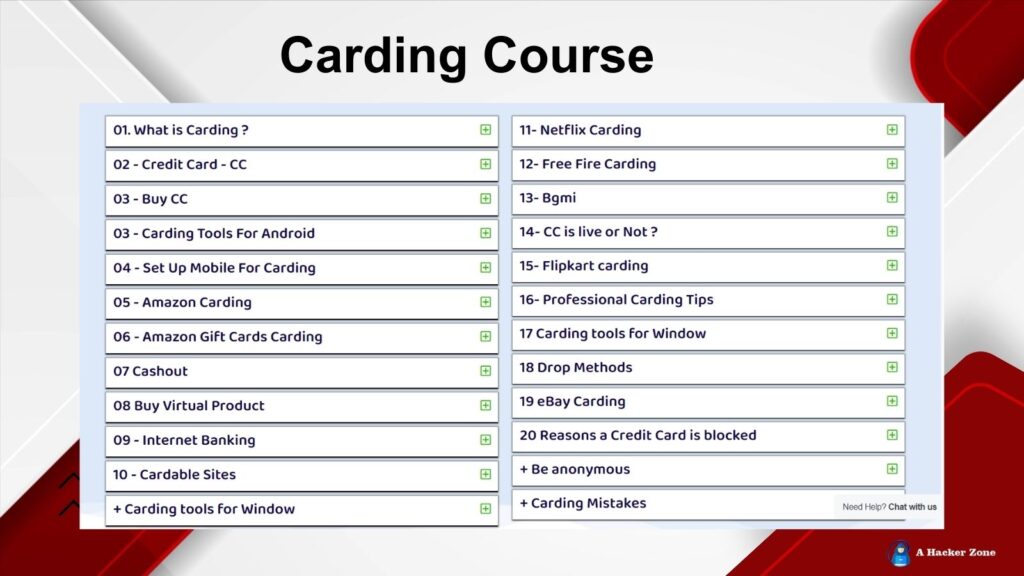Facebook Hacking App: Understanding the Risks and Ensuring Your
Facebook hacking app: Facebook hack application In today’s digital age, social media has become an integral part of our lives. Facebook, as one of the leading social networking platforms, connects billions of people worldwide. However, the increasing popularity of Facebook has also made it a target for malicious activities, including hacking attempts. In this article, we will explore the concept of Facebook hacking apps, their legality, risks associated with their usage, and essential tips to safeguard your Facebook account from potential threats.
Understanding Facebook Hacking Apps
Facebook hacking apps refer to software or tools designed to gain unauthorized access to a user’s Facebook account. These apps claim to provide various functionalities, such as revealing someone’s login credentials, accessing private messages, or spying on someone’s activities. It is crucial to note that the use of such apps is unethical and may lead to severe consequences. Facebook hacking app
The Legality of Facebook Hacking Apps
Using Facebook hacking apps is illegal and a violation of the platform’s terms of service. Hacking into someone’s account without their consent is a breach of privacy and may result in legal actions against the perpetrator. It is essential to respect others’ privacy and refrain from engaging in any unauthorized activities.
Risks and Dangers of Using Facebook Hacking Apps
- Malware and Viruses: Many Facebook hacking apps are malicious and may contain malware or viruses that can harm your device and compromise your data.
- Identity Theft: Hacking attempts can lead to identity theft, where personal information is stolen and misused for fraudulent purposes.
- Account Takeover: If successful, hackers can gain control of your Facebook account, posing as you and causing harm to your reputation.
- Spreading Misinformation: Hacked accounts might be used to spread misinformation, which can have serious consequences.

How to Protect Your Facebook Account
- Strong Passwords: Use strong and unique passwords for your Facebook account, avoiding easily guessable information.
- Two-Factor Authentication (2FA): Enable 2FA for an additional layer of security, requiring a code sent to your mobile device to log in.
- Privacy Settings: Regularly review and update your privacy settings to control who can see your posts and personal information.
- Avoid Phishing Attempts: Be cautious of suspicious emails, messages, or links asking for your login credentials.
- Log Out Devices: Always log out from Facebook on shared or public devices to prevent unauthorized access.
Ethical Hacking and Its Importance
Ethical hacking involves authorized professionals testing systems for vulnerabilities to strengthen security measures. Ethical hackers help identify weaknesses before malicious hackers exploit them, ensuring improved security for users.
Tips for Enhancing Your Online Security
- Keep Software Updated: Regularly update your operating system, browsers, and security software to patch potential vulnerabilities.
- Use a VPN: A Virtual Private Network (VPN) can encrypt your internet connection, enhancing your online privacy.
- Be Cautious on Public Wi-Fi: Avoid accessing sensitive information on public Wi-Fi networks to minimize the risk of data interception.
The Role of Two-Factor Authentication
Two-Factor Authentication (2FA) adds an extra layer of protection to your online accounts. By requiring a second form of verification, such as a code sent to your phone, it significantly reduces the risk of unauthorized access.
The Impact of Phishing Attacks on Facebook Users
Phishing attacks involve tricking users into revealing their login credentials. Recognizing and avoiding phishing attempts is essential to safeguarding your Facebook account.
Recognizing Fake Apps and Websites
Scammers may create fake Facebook login pages or apps to steal user information. Always verify the authenticity of apps and websites before providing any login details.
Secure Password Practices
Create strong passwords using a combination of upper and lower case letters, numbers, and special characters. Avoid using easily guessable information like birthdays or names.
Reporting Hacking Attempts
If you suspect any hacking attempts or notice suspicious activities on your Facebook account, report them immediately to Facebook’s support team.
Cybersecurity Awareness and Education
Stay informed about the latest cybersecurity threats and best practices. Educate yourself and others to create a safer online environment.
Conclusion
While Facebook hacking apps may seem tempting for some, they pose significant risks to privacy and security. Engaging in such activities is illegal and unethical. Instead, focus on enhancing your online security through ethical means like strong passwords, two-factor authentication, and cybersecurity awareness. By following these guidelines, you can protect your Facebook account and enjoy a safer online experience.
Facebook hacking app
FAQs
- Are Facebook hacking apps legal?
- No, using Facebook hacking apps is illegal and against the platform’s terms of service.
- What are the risks of using Facebook hacking apps?
- Risks include malware infection, identity theft, account takeover, and spreading misinformation.
- How can I protect my Facebook account from hacking attempts?
- Use strong passwords, enable two-factor authentication, and be cautious of phishing attempts.
- What is ethical hacking?
- Ethical hacking involves authorized professionals testing systems for vulnerabilities to enhance security.
- What should I do if I suspect hacking attempts on my Facebook account?
- Report any suspicious activities to Facebook’s support team immediately.
The Reality of Facebook Hacking Apps
What Are Facebook Hacking Apps?
Facebook hacking apps, as the name implies, are software applications that claim to provide the ability to gain unauthorized access to Facebook accounts. They often tout features like password cracking, account monitoring, and stealthy operations. However, it’s essential to understand that these applications are not legitimate, and their use is illegal. Engaging in such activities can lead to severe legal consequences, and it violates Facebook’s terms of service.
The Dangers of Using Facebook Hacking Apps
- Legal Implications: As mentioned earlier, using Facebook hacking apps is against the law. Hacking into someone’s account without their consent is a criminal offense in many jurisdictions, and you could face legal charges, fines, or even imprisonment.
- Data Breach: Many of these apps require users to enter their Facebook credentials or install malicious software on their devices. This opens the door to potential data breaches, identity theft, and exposure to various cyber threats.
- Ethical Concerns: Respecting the privacy of others is a fundamental aspect of digital citizenship. Attempting to hack someone’s account violates their trust and can lead to irreparable damage to personal relationships.
Debunking the Myths
Myth 1: Facebook Hacking Apps Work
Contrary to what these apps claim, gaining unauthorized access to a Facebook account is not a simple task. Facebook has invested heavily in robust security measures, making it extremely challenging for hackers to breach their system.
Myth 2: Facebook Hacking Apps Are Undetectable
Many hacking apps promise to operate stealthily, leaving no traces. However, Facebook continuously improves its security protocols to detect suspicious activities and unauthorized access attempts. Using such apps increases the likelihood of being caught.
Myth 3: Hacking Into Facebook Is Justifiable
Some individuals may argue that hacking into someone’s Facebook account is necessary to protect themselves or uncover the truth. However, resorting to illegal means is never the right approach. If you encounter issues, it’s best to communicate openly and honestly with the involved parties.
Protecting Your Facebook Account
Instead of resorting to unethical and illegal means, focus on safeguarding your Facebook account using legitimate methods:
1. Strong Passwords
Create a strong and unique password for your Facebook account. Avoid using easily guessable information like birthdays or names. A mix of uppercase and lowercase letters, numbers, and symbols can enhance the password’s strength.
2. Enable Two-Factor Authentication (2FA)
Two-factor authentication adds an extra layer of security to your account. In addition to your password, you will need a verification code sent to your phone or email to access your account.
3. Regularly Update Passwords
Change your passwords regularly to minimize the risk of unauthorized access. Avoid using the same password across multiple platforms.
4. Be Wary of Phishing Attempts
Beware of suspicious links or emails that claim to be from Facebook. These could be phishing attempts designed to steal your login credentials.
5. Log Out from Unknown Devices
Always log out of your Facebook account when using a public or shared computer. Avoid leaving your account logged in on devices you don’t own.
Learn Carding Online |
|
| Carding Pro Tips | |
 |
|
| In this course, you will learn everything about carding. You will also get information on what is carding and how it works. | |
| Join Carding Course
|
Contact @ A Hacker Zone |
|
Amazon Carding |
Amazon Carding |
Carding Course In Hindi |
Carding Course In Hindi |
How to Buy Non-VBV CC |
Buy Non-vbv CC |
Real also
